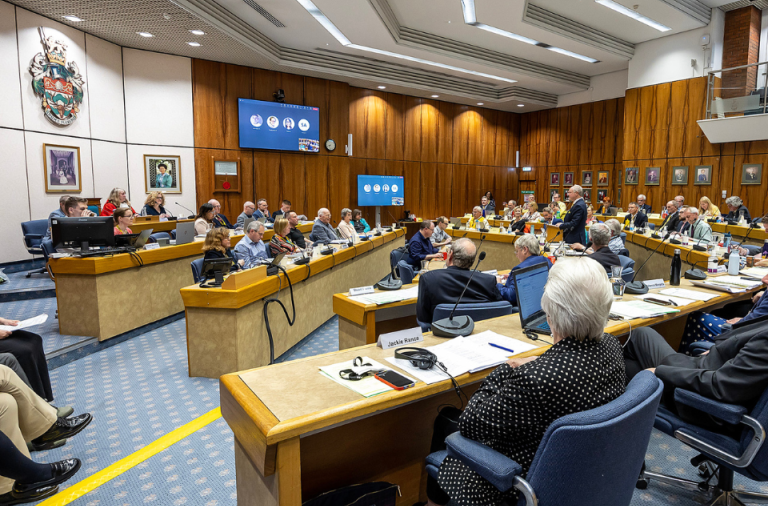Published on
11 March 2024
Loan to Woking Council is paid back with interest
Inter-council loans are a very common approach to helping councils support each other and manage cash flow

Wokingham Borough Council’s £10 million loan to Woking Borough Council was paid back with interest last Friday (8 March), making the council more than £350,000 of interest, the equivalent of a 4.75 per cent return.
There have been some public questions about the loan, but the money was always safe, and the council now has the money back in the bank to prove it.
“I’m pleased to confirm that the £10 million payment from Woking was received as expected on Friday morning, along with £356,575.34 of interest.” Said Cllr Imogen Shepherd-DuBey, executive member for finance.
“We know some residents were concerned, as they’ve heard some of the negative stories in the national press about Woking being effectively bankrupt, along with misinformation and rumours being spread locally.
“The £10 million we lent was money that we cannot use yet, as it is specifically for building projects that are not due to start for some time. Therefore, we lent it out at good rate of interest, rather than leave it making very little interest in the bank. This is all about making our money work hard for our residents and any interest we make on this loan can be used on anything – and we will use it to pay for services that our residents need.”
About inter-council loans
Inter-council loans, where one local authority loans money to a different authority, are a very common approach to helping councils support each other and manage their cash flow effectively.
When a council sets the annual budget, it produces a Medium-Term Financial Plan, which sets out what it plans to do over the next few financial years. Budgets for individual projects are ring-fenced to make sure the funding is in place for when it is needed.
However, payments from property developers for capital works, such as building roads and schools, are usually phased throughout the year, or when key milestones are met, rather than paid all at once up front.
This means a council can be left with large blocks of ring-fenced money in an account which can’t be used to fund day-to-day services or used for other projects, as it will be needed further down the line.
Rather than just having the money sat in a low interest account, local authorities often lend this money to one another for a fixed rate of interest and time. It is a common practice and is seen as a very safe investment approach, because councils provide statutory services that everyone needs, they are secured by the government with Treasury funds and debts will always be repaid.
This is why councils cannot be seen as the same as a business and doing business with a council is one of the safest places to invest.
Facing up to the challenges
The council recently set its budget, which will see it continue to invest in capital projects which meet essential needs or, with projects like the Barkham Solar Farm, will generate an income stream to help fund services for residents.
You can read more about how the budget was set, the challenges faced and what this means for residents.
Cllr Shepherd-DuBey continued: “Woking was a safe place to lend the money because, although it has issued a Section 114 notice, which leads to them halting all non-essential spending, this does not affect inter-council lending and they had been clear they would meet the repayment terms of all their loans, including the one to us.
“However, the plight Woking finds themselves in, where they have been unable to balance their annual budget, is one all councils are finding increasingly hard to avoid. Woking previously borrowed heavily to build shopping, hotels and leisure centres and was unable to meet the repayment commitments. We must learn from them and not overextend our ambitions on the amount of money we borrow.
“With continually rising costs and high inflation, our finances are under huge pressure and difficult decisions are having to be made about what councils can and cannot continue to provide. Wokingham has to make savings of more than £16 million in the next financial year, just to continue running services as they are.
“We ourselves have worked hard to protect frontline services and set a fair and effective budget for the coming year, which focuses on protecting those most in need. However, we continue to be faced with inadequate government funding at a time when even more people need our support as they face the continued challenge of the cost-of-living crisis.”
